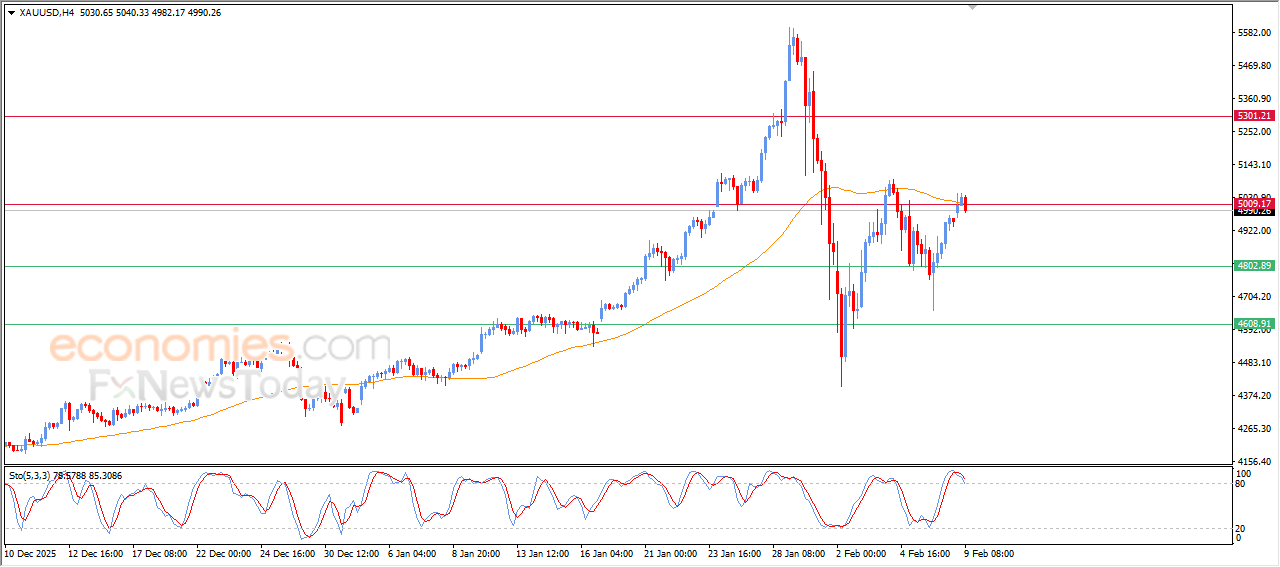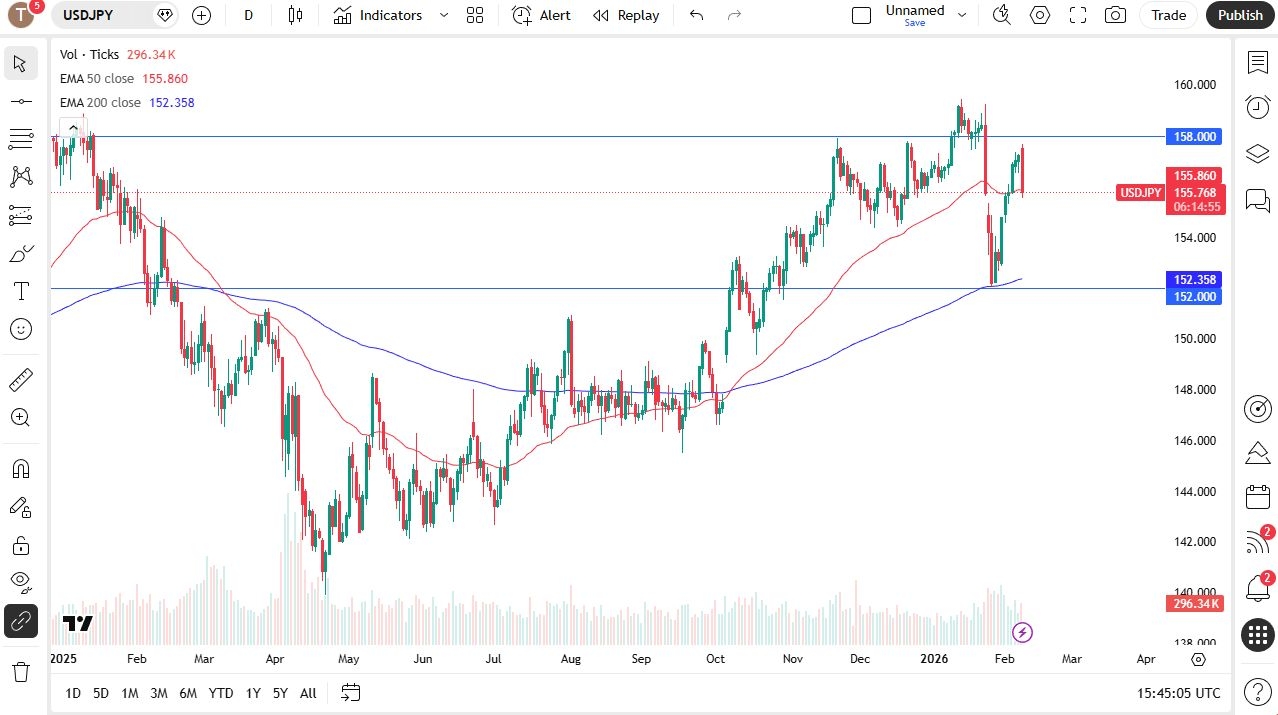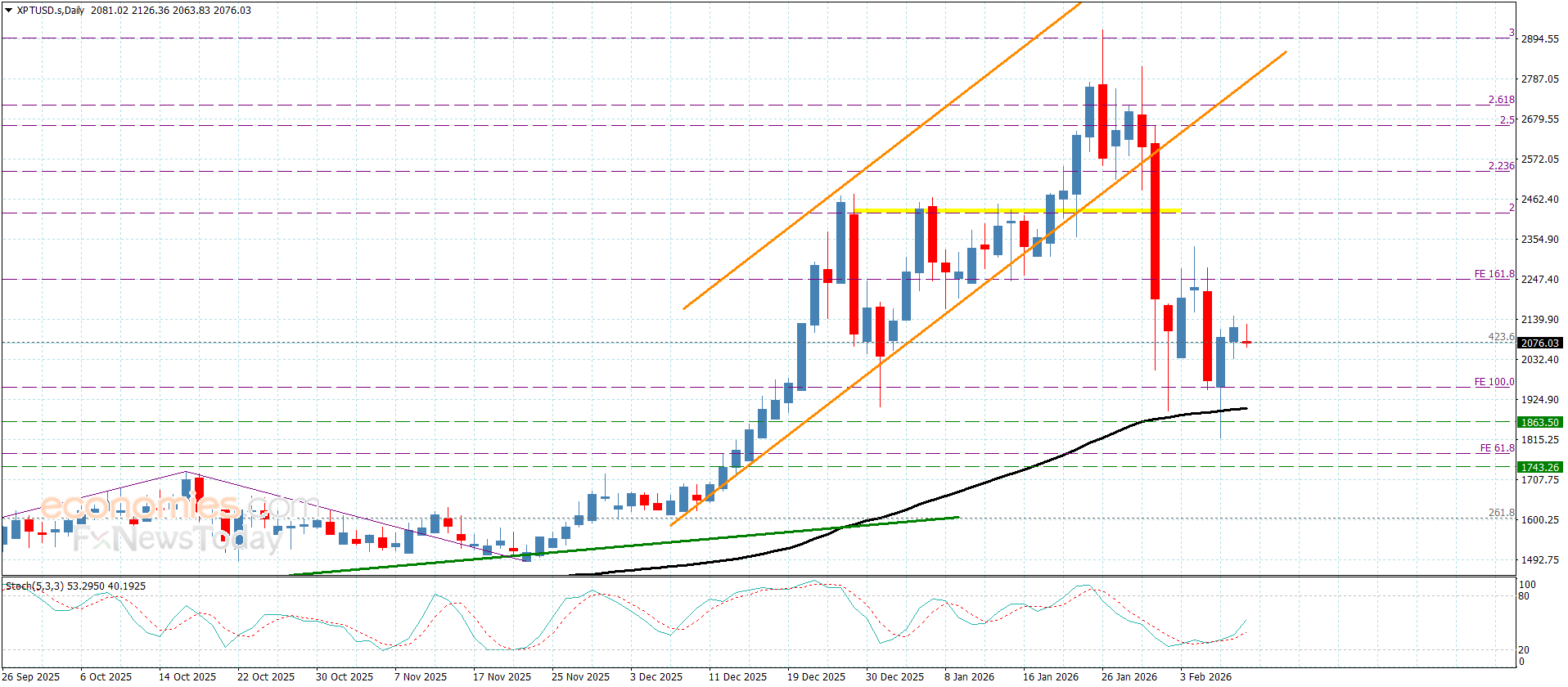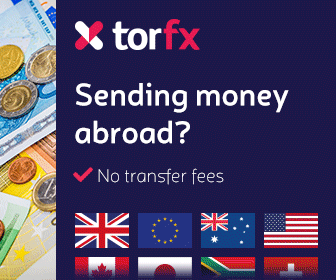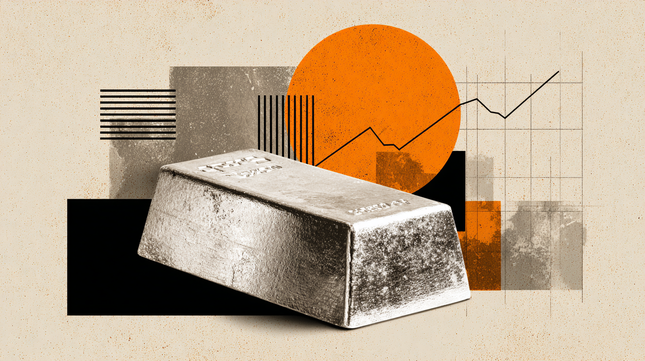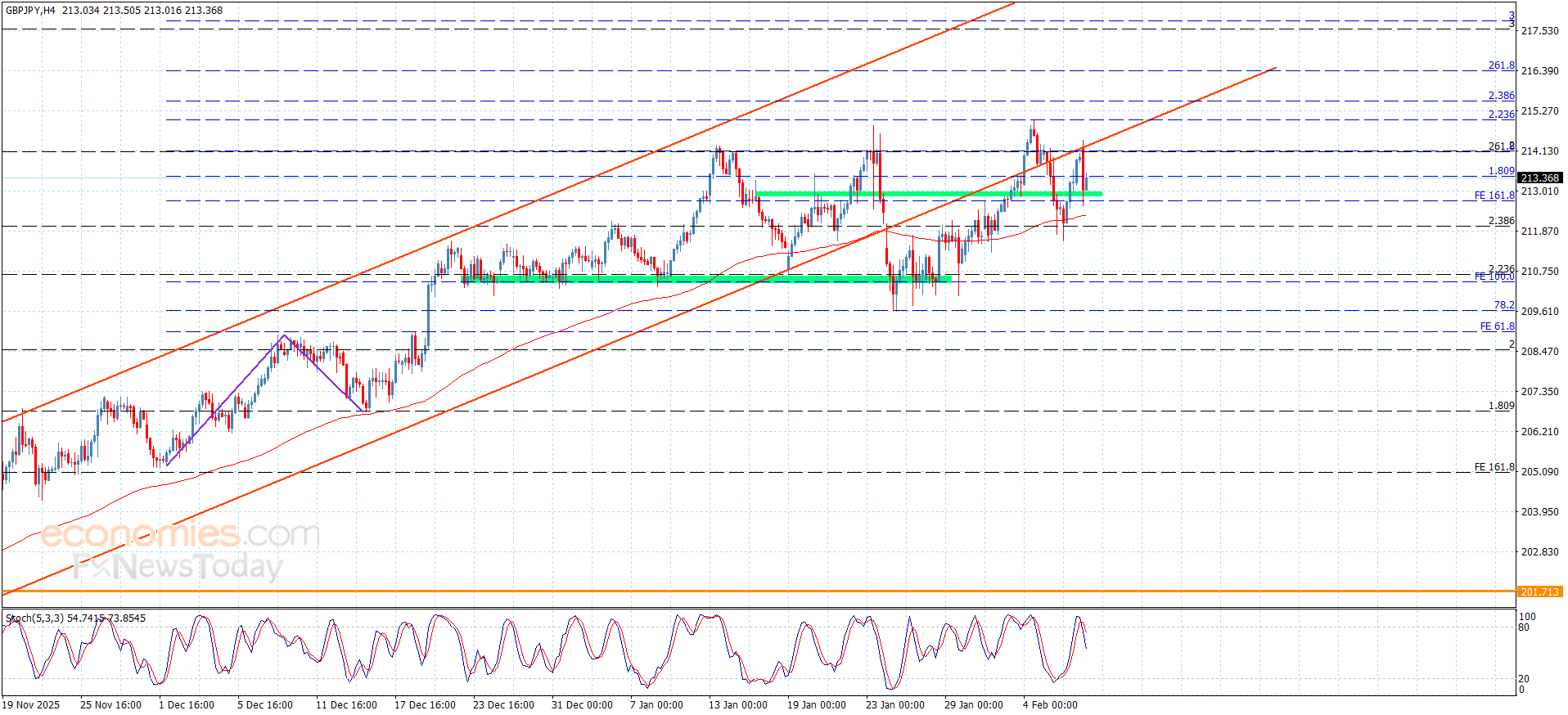Binance Wallet’s 95% Swap Dominance Reveals DeFi’s Shift Toward One-Stop Hubs
Binance Wallet has emerged as the dominant force in the decentralized finance (DeFi) space, capturing 95% of the global swap volume, according to recent data. This significant market share places it ahead of competing wallets such as MetaMask and Trust Wallet, which collectively hold the remaining 5% of the market. The surge in Binance Wallet’s popularity underscores its role as a central hub for token swaps and cross-chain transactions, leveraging the infrastructure and ecosystem of the Binance platform. As the DeFi landscape evolves, Binance Wallet’s dominance highlights the growing preference for multi-chain compatibility and integrated trading features among users seeking to optimize their digital asset management.
The wallet’s ability to support a vast array of blockchains—over 100 in total—has been a key factor in its appeal. This extensive compatibility allows users to seamlessly interact with multiple blockchain networks, including Ethereum, Binance Smart Chain, Solana, and others, without the need to switch between different wallet applications. Additionally, Binance Wallet integrates a DEX aggregator that enables users to execute token swaps across multiple decentralized exchanges (DEXs) within a single interface. This streamlined experience reduces the complexity of multi-chain DeFi activities, making it more accessible for both novice and experienced users.
Binance Wallet’s native staking functionality further enhances its competitive edge. It supports staking for over 25 cryptocurrencies, including major assets like Ethereum and Binance Coin. This feature not only simplifies the process of earning staking rewards but also eliminates the need for users to navigate external platforms or services. By consolidating key DeFi functions—such as trading, staking, and NFT management—within a single user-friendly interface, Binance Wallet aligns with the growing demand for efficiency and convenience in the decentralized finance ecosystem.
The wallet’s integration with Binance’s broader ecosystem, including access to the exchange’s fiat on-ramp services and staking pools, further strengthens its position in the market. Users benefit from a seamless transition between trading, staking, and asset management, all underpinned by Binance’s institutional-grade security infrastructure. The inclusion of biometric authentication and hardware wallet compatibility also bolsters its security profile, addressing one of the primary concerns of crypto users.
Despite its dominance, Binance Wallet faces competition from other leading wallets such as MetaMask and Trust Wallet. While MetaMask remains a popular choice for Ethereum and EVM-compatible networks, Trust Wallet has carved out a niche by emphasizing broad blockchain support and user-friendly features. However, Binance Wallet’s ability to combine DeFi functionality with a multi-chain approach and institutional-grade security has enabled it to attract a broader user base, particularly among those looking to maximize their engagement with the DeFi space.
Industry experts suggest that Binance Wallet’s success is partly due to the growing adoption of DeFi and the increasing demand for tools that support multi-chain interactions. As more users seek to participate in cross-chain DeFi protocols and token swaps, wallets that offer integrated DEX aggregators and broad blockchain compatibility are likely to gain further traction. This trend underscores the importance of user-centric design and feature integration in the evolving crypto wallet landscape.
The dominance of Binance Wallet also reflects broader shifts in the DeFi market. With decentralized applications (DApps) and token swaps becoming more mainstream, users are increasingly looking for wallets that simplify complex financial activities. Binance Wallet’s ability to aggregate liquidity and offer competitive trading rates across multiple exchanges has made it an attractive option for those seeking to optimize their DeFi strategies. Additionally, its support for NFTs and decentralized applications further enhances its utility, positioning it as a one-stop solution for managing a diverse range of digital assets.
As the DeFi sector continues to grow, the competition among crypto wallets is expected to intensify. While Binance Wallet currently holds a commanding lead, ongoing developments in open-source wallets and emerging platforms could influence market dynamics. Nonetheless, the current data highlights the wallet’s effectiveness in meeting the evolving needs of DeFi participants, combining security, usability, and functionality in a way that aligns with the broader industry trajectory.
Source: [1] MetaMask vs. Trust Wallet: Which Is Best In 2025? (https://www.koinx.com/blog/metamask-vs-trustwallet) [2] Top 10 Best Crypto Wallets: Safest and Most Secure Picks … (https://www.cryptoninjas.net/crypto/best-cryptocurrency-wallet) [3] 9 Best Crypto Wallets for 2025 (https://www.nerdwallet.com/p/best/investing/crypto-bitcoin-wallets)
Source link
Written by : Editorial team of BIPNs
Main team of content of bipns.com. Any type of content should be approved by us.
Share this article:


